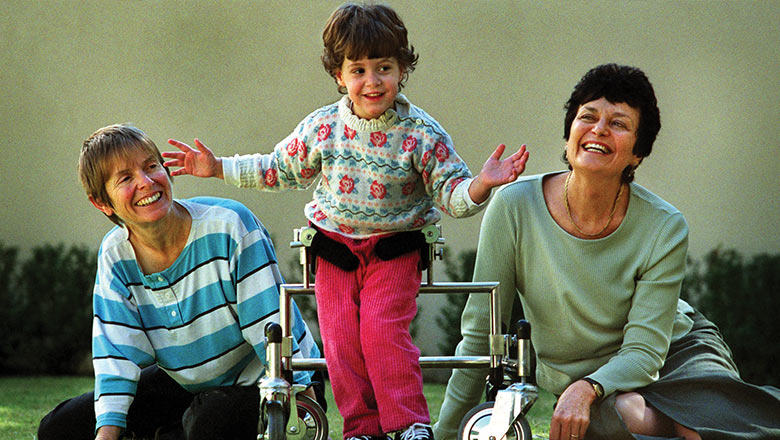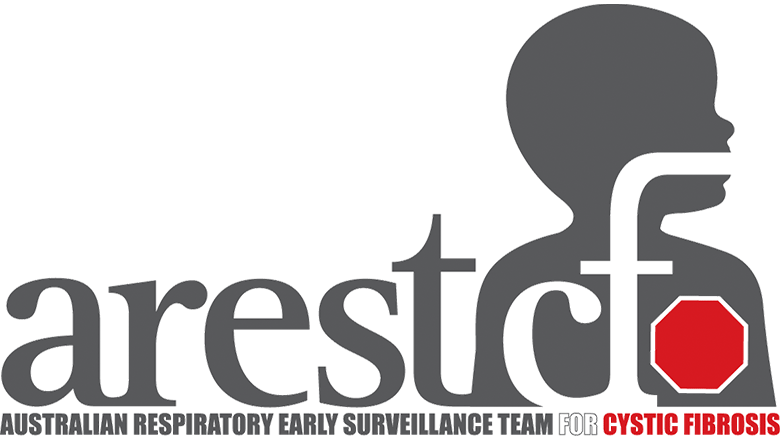Search

News & Events
Community is tackling FAS in the Fitzroy ValleyAmong the highest rates of Fetal Alcohol Syndrome (FAS) worldwide have been reported by Aboriginal community leaders in the remote Fitzroy Valley.

News & Events
Brain & Behaviour community forumWe invite you to join us for a community forum on the future of research in our Brain & Behaviour Research Focus Area.

News & Events
Delivering smart drugs into cellsThe Drug Discovery Unit has been finding ways for smart drugs to penetrate deep into cells and attacking their disease targets while causing fewer side effects

News & Events
Early diagnosis for kids with autismFocussing attention on a child’s first year of life is proving to be a major breakthrough in autism research.

News & Events
Changing the focus of cerebral palsyCerebral palsy is not only the result of birth trauma and the lack of oxygen supply during delivery.

News & Events
Cystic fibrosis research a Eureka Prize finalistA world-leading cystic fibrosis research program, based at The Kids Research Institute Australia, is a finalist in the 2015 Australian Museum Eureka Prizes.

News & Events
Youth Health reportResearch for the Commissioner for Children & Young People seeking the views of >1,000 young people about their experiences accessing/using health services
News & Events
Ependymoma Awareness DayEthan was not even two when he was diagnosed with a rare type of brain tumour known as an ependymoma.
News & Events
Healthy lungs, healthy lifeThe lungs are one of the last organs in the body to develop as a baby grows. They're also one of the most important.

News & Events
Fiona Stanley: Honorary Life MembershipWe are honoured to bestow upon Fiona an Honorary Life Membership of this Institute as a reflection of our great respect, love and thanks.
